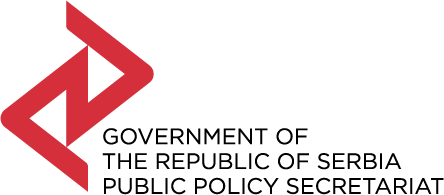Apart from the Prime Minister, Ana Brnabic, who opened the conference and the Director of the Public Policy Secretariat, Bojana Tosic, this event was attended by the representatives of the United Nations, Estonia, Germany, Austria, Switzerland and Korea who are the leaders in digitalization, together with the representatives of Albania and Northern Macedonia, the co-member countries of the so called Mini-Schengen initiative together with Serbia.
“From a country that had neither basic citizen information nor basic electronic registers, that kept all registers, even the most basic citizen registers such as civil registration certificates, on paper, in just three years, we have reached the point where the largest amount of information is exchanged electronically or fully automatically among public administration bodies,” the Prime Minister said.
“Customer orientation, effectiveness and efficiency, simplification of procedures and proportionality, security and privacy, transparency, openness and accessibility – these are all challenges we face, but also the goals we strive for,” said Bojana Tosic, Director of the Public Policy Secretariat.
The best response to these challenges is e-Paper, the Government Program for Simplifying Administrative Procedures and Regulations coordinated by the Public Policy Secretariat.
The Director of the Public Policy Secretariat pointed out that simplifying administrative procedures and other conditions for doing business that entails digitization and publicly accessible electronic database/registry will result in better conditions for doing business, free of abuse and corruption, thus also minimizing costs and saving time, and contributing to more efficient and more modern public administration.
The Prime Minister announced that in addition to electronic services already put in place, the continuation of digitization in 2020 will enable electronic enrollment of children in kindergartens, primary and secondary schools.

